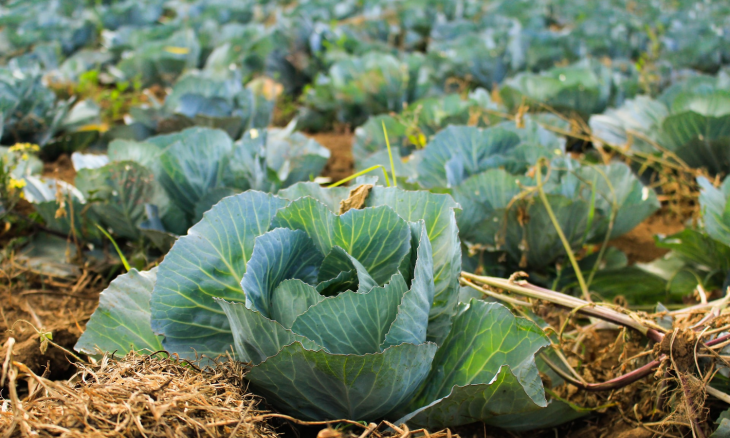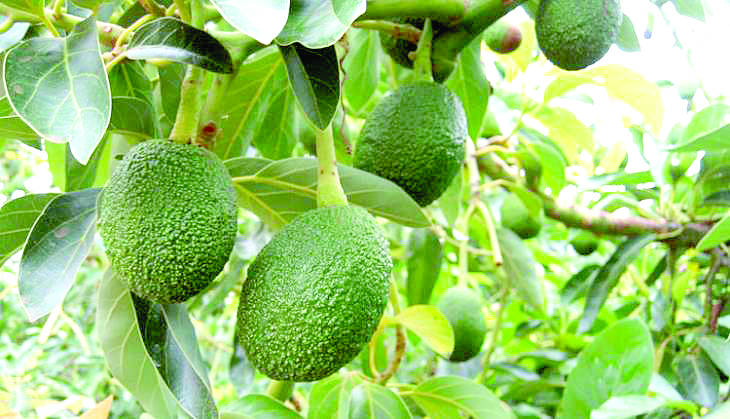Farmers told to embrace agro-ecology

Farmers have been challenged to adopt agro-ecological farming for more reliable and sustainable food production.
A new report by the Global Alliance for the Future of Food says the solution to these shortages and malnutrition that still haunt most people in Africa could best be addressed through agroecology. The study focused on Kenya, Senegal and Uganda and established that the countries appreciated this form of farming but expressed the need to increase its adoption.
“Agroecology, regenerative approaches, and Indigenous foodways are systemic solutions that are already delivering positive health and nutrition outcomes, a sense of purpose and dignity, social justice and climate action across Africa and for millions of people worldwide,” Lauren Baker, Director of Programmes at the Global Alliance said during the release of the report yesterday.
Agroecological farming entails nurturing a food production system that pays great attention to other development facets such as environmental conservation and climate change.
“Revaluing cultural and ecological knowledge enhances community well-being. For example, in Kenya pastoral systems are regenerating grassland and the government is securing customary land tenure rights to enhance sustainable natural resource management,” the report.
Baker welcomed the report, saying it should be useful for better farming stakeholders across the globe.
“With this new material in hand, donors and researchers alike will be able to leverage the transformative power of agroecology, indigenous and regenerative practices and accelerate change at a time when it is needed more than ever,” she said.
Global Alliance for the Future of Food is an alliance of not-for-profit foundations working together and with others to transform the world’s food systems.















